![[Translate to English:] [Translate to English:]](/fileadmin/_processed_/8/1/csm_Li_Chao_01_4079c539f8.jpg)
Chao Li appointed Distinguished Guest Professor at the Chinese Academy of Sciences
Dr. Chao Li has been awarded a Distinguished Guest Professorship at the prestigious Institute of Atmospheric Physics (IAP), the Chinese Academy of…
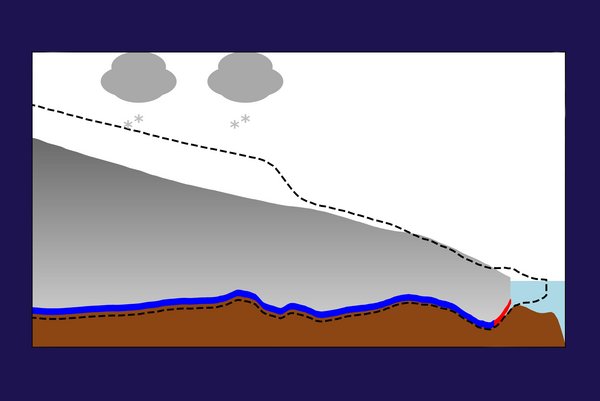
A new mechanism for synchronising Heinrich events with Dansgaard-Oeschger cycles
The northern hemisphere climate during the last glacial period (about 65,000-15,000 years before present) was dominated by two prominent signals of…
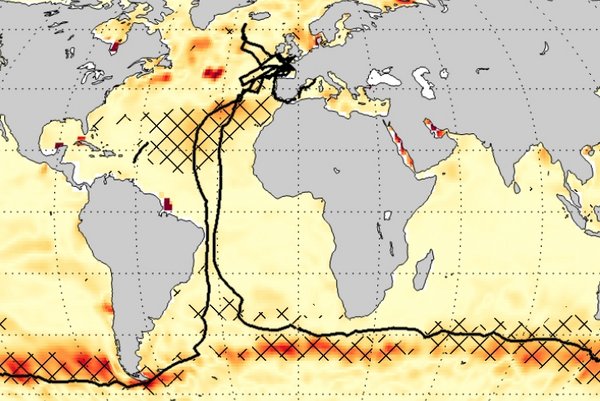
Ocean CO2 measurements: a single sailboat yacht makes a difference
Have you ever wondered how much a single measurement campaign matters when estimating the ocean's carbon sink? In a study published recently in…
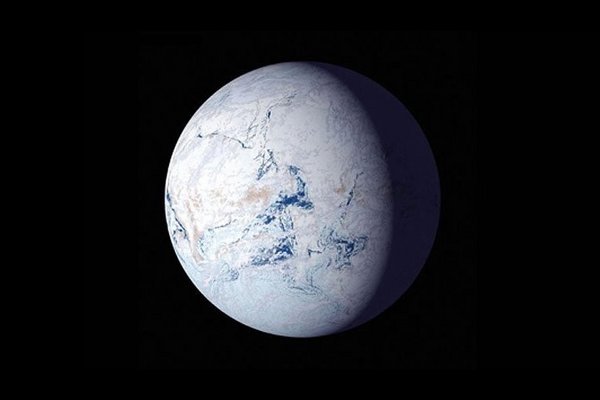
What happens after a snowball Earth melts?
When a snowball Earth deglaciates, the planet transitions rapidly into a hot "supergreenhouse" climate that persists for a hundred thousand years or…

Coupled climate models systematically underestimate the radiation response to surface warming
Do climate models realistically represent the coupling between Earth’s surface warming and the top-of-the atmosphere radiation? Dirk Olonscheck,…
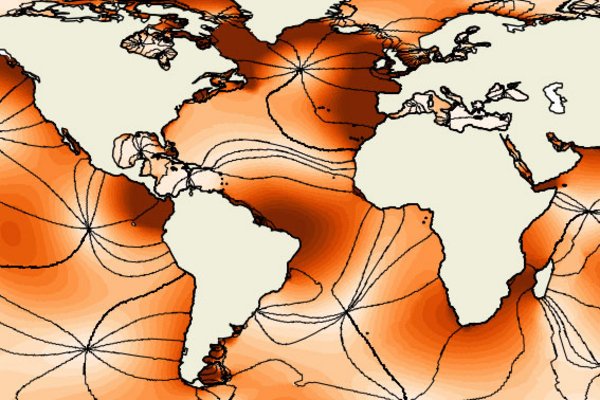
Towards resolving internal tides in the ocean
In a recent publication, Prof. Jin-Song von Storch together with other scientists showed that the ocean component of the ICON model is able to…
Focus: The big melt | Marie-Luise Kapsch, Clemens Schannwell
Climate change is melting the ice sheets of Greenland and Antarctica and causing sea levels to rise. This could be a disaster for island states and…
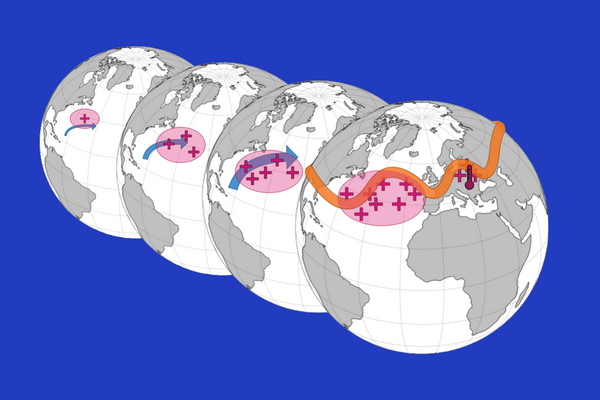
Extremely warm European summers are preceded by North Atlantic Ocean heat accumulation
In a new study, Lara Wallberg, together with Laura Suarez-Gutierrez, Daniela Matei, and Wolfgang Müller have investigated the relationship between…

End-of-century levels of extreme heat and drought are approaching Europe swiftly
Extreme heat and drought typical of an end-of-century climate could soon occur over Europe, and it could do so repeatedly. Laura Suarez-Gutierrez,…
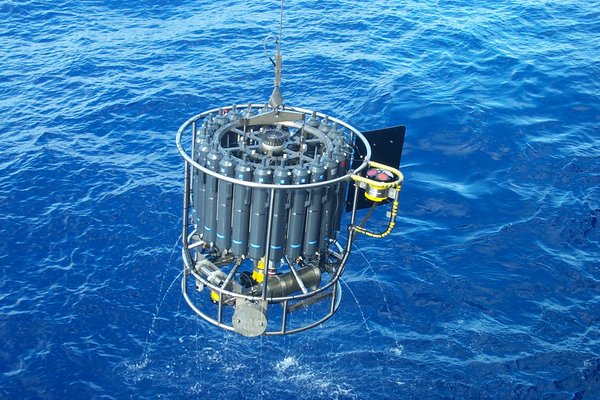
How the Atlantic overturning got its observing system
The RAPID observing system has monitored the Atlantic Meridional Overturning Circulation (AMOC) at 26.5°N since 2004. Many physical oceanographers…
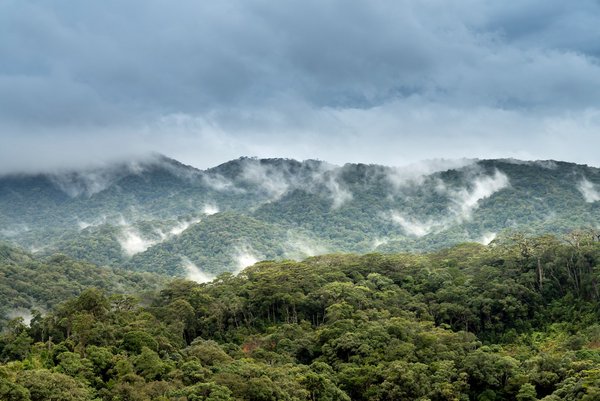
Towards improved CO2 predictions
What factor limits the predictability of atmospheric CO2 concentration? Scientists from the Max-Planck-Institute for Meteorology, in collaboration…
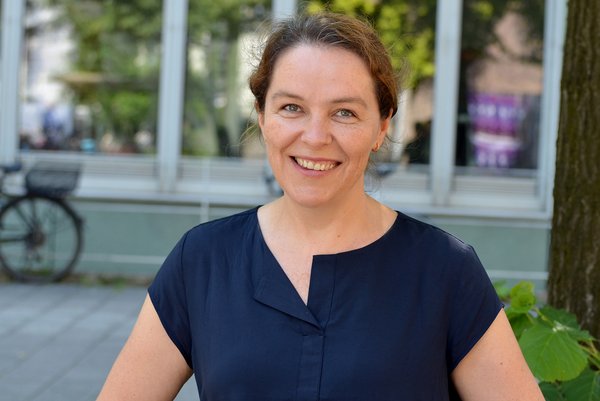
Tatiana Ilyina new professor at Universität Hamburg and Helmholtz-Zentrum Hereon
Prof. Tatiana Ilyina, scientist and group leader of the Ocean Biogeochemistry group at the Max Planck Institute for Meteorology (MPI-M), was recently…
